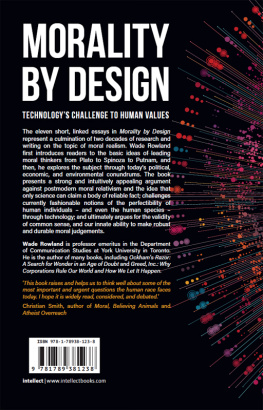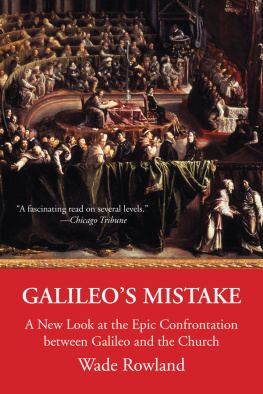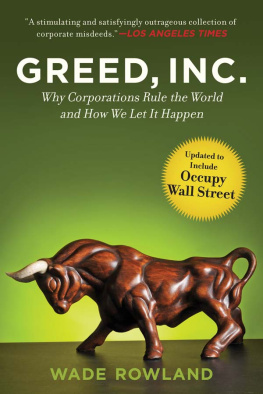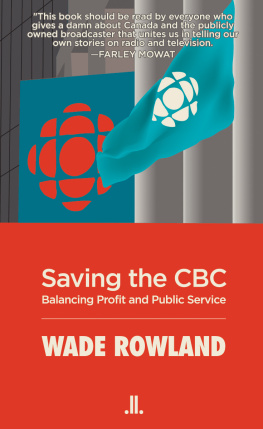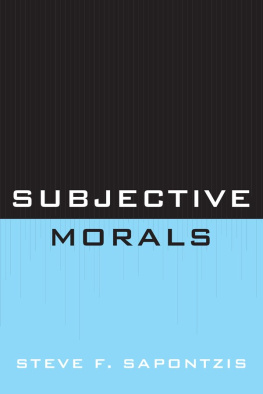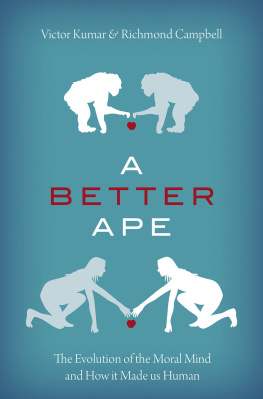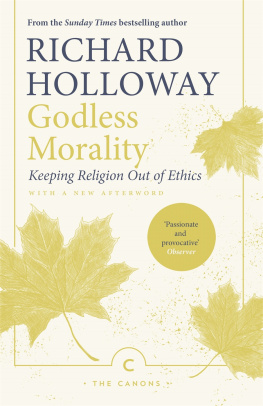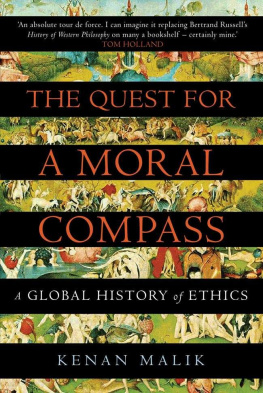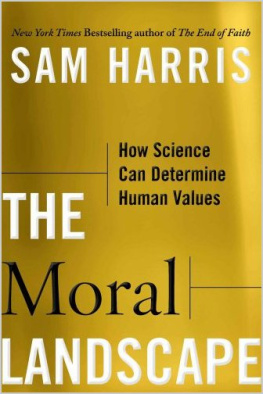Contents

First published in the UK in 2019 by Intellect, The Mill, Parnall Road, Fishponds, Bristol, BS16 3JG, UK
First published in the USA in 2019 by Intellect, The University of Chicago Press, 1427 E. 60th Street, Chicago, IL 60637, USA
Copyright 2019 Intellect Ltd
All rights reserved. No part of this publication may be reproduced, stored in a retrieval system or transmitted, in any form or by any means, electronic, mechanical, photocopying, recording or otherwise, without written permission.
A catalogue record for this book is available from the British Library.
Copy editing: MPS Technology
Cover and Layout Design: Aleksandra Szumlas
Typesetting: Contentra
Production Manager: Tim Mitchell
Print ISBN: 978-1-78938-123-8
ePDF ISBN: 978-1-78938-125-2
ePUB ISBN: 978-1-78938-124-5
Printed & bound by Severn Printers, Gloucester, UK.
To find out about all our publications, please visit www.intellectbooks.com
There, you can subscribe to our e-newsletter, browse or download our current catalogue, and buy any titles that are in print.
This is a peer-reviewed publication.

Books by Wade Rowland:
Canada Lives Here: The Case For Public Broadcasting
Greed, Inc.: Why Corporations Rule Our World and How We Let It Happen
Spirit of the Web: The Age of Information from Telegraph to Internet
Galileos Mistake: The Archaeology of a Myth
Ockhams Razor: A Search for Wonder in an Age of Doubt
The Plot to Save the World: The Life and Times of the Stockholm Conference on the Human Environment
For Chris and her violet light
When a well-clothed philosopher on a bitter winters night sits in a warm room well lighted for his purpose and writes on paper with pen and ink in the arbitrary characters of a highly developed language the statement that civilisation is the result of natural laws, and that mans duty is to let nature alone so that untrammeled it may work out a higher civilisation, he simply ignores every circumstance of his existence and deliberately closes his eyes to every fact within the range of his faculties. If man had acted upon his theory there would have been no civilisation, and our philosopher would have remained a troglodyte.
Lester Ward, Mind, Vol. IX (1884)
Two things fill the mind with ever new and increasing admiration and reverence, the more often and more steadily one reflects on them: the starry heavens above me and the moral law within me.
Immanuel Kant, Critique of Pure Reason (1788)
How do you build a utopia? What does it take to construct the best of all possible worlds? Thomas More chose the name Utopia (in Greek, it means no-place) for the ideal society he described in his Renaissance masterpiece of 1516, written as a young man long before he served as Lord Chancellor to Henry VIII (and was beheaded for his trouble). The book was a visionary critique of fractious English society, which More described as a conspiracy of the rich, where the greedy, unscrupulous and useless lived off the labour of others. In Utopia, he sketched a form of radical socialism as the solution to the inequities he saw around him. In his imaginary island society, communal farms shared their surpluses, and hours of work were kept to a minimum in order to allow plenty of time for leisure and education. Human dignity took precedence over money and prestige, and laws were so simple that there was no need for lawyers.
A hundred years later, a new era had dawned in Europe, bringing with it radical new ways of thinking about truth and meaning. A very different utopia was envisioned by a new breed of political and economic thinkers. It would be based on revolutionary rationalist, scientific and individualist ideals that were emphatically opposed to the outdated philosophies of Greece and Rome that had inspired More and his Renaissance peers. Like so many of todays Silicon Valley idealists, these self-styled Enlightenment theorists hoped to create a more perfect world through the power of pure reason and individual liberty unencumbered by irrational religious belief and speculative moral theory, a power made concrete and activated through science and technology.
The Enlightenment world-view would eventually lead us to our current reality, justly celebrated for stupendous material wealth and astounding scientific and technical progress on all fronts. But accompanying these achievements, entwined with them, are disturbing trends: monumental environmental catastrophes, and an alarming moral ethos in which human beings are reduced to the status of consumers, data-points, human resources and human capital.
In trying to create a more perfect world, a handful of brilliant, well-intentioned economic and political thinkers of the seventeenth and eighteenth centuries set in motion dynamics that have led to a global economy ruled over by gargantuan, machine-like business corporations that treat humanity as a renewable natural resource, a means to material ends.
In the more perfect world that has evolved out of these early rationalist ideas, the processes of automation, machine learning, and artificial intelligence are pushing more and more people into precarious, part-time work, while most of the vast wealth generated by the resultant efficiencies goes to a tiny, obscenely wealthy minority.
The system has begun to feed on those it was created to serve. Having despoiled much of the planet through reckless economic expansion and ruthless exploitation of natural resources, it is now turning to humans themselves to supply the raw material of continued growth. Technology has invaded social relations, inserting itself between the flesh-and-blood people of communities and mediating their communication for profit. The worlds most valuable resource is no longer oil its data: data about all sorts of things and processes, but mostly about people, our tastes and interests, our likes and dislikes, our entertainment preferences and shopping habits, and our online activities. That data is collected from our phones and computers, our wristwatches and our cars and even from our robotic vacuum cleaners and refrigerators. Much of it is proffered by us voluntarily, as we take advantage of free social media platforms to communicate with one another.
In this context, the term human resources, a twentieth-century coinage, takes on a new and ominous meaning: each of us has a new kind of commodity-value that is wrapped up in the data-trail we produce as we go about our lives within the information ecosystem, using our ever-smarter digital devices. As that ecosystem expands continuously to occupy more and more life-space, the tyranny of convenience ensures that we relinquish more and more privacy and autonomy as we generate the raw resource that is the lifeblood of the new digital economy. The digital economy is becoming a vast dairy farm, in which humans are the placid, profit-generating livestock.
In the information economy, we ourselves our bodies, our genes, our amusements, our relationships, and most of all, our attention are the golden fleece out of which capital is spun. At the same time, on-the-job conditions for workers are steadily deteriorating, with precarious employment, longer and longer hours, just-in-time scheduling, low pay, and relentless electronic surveillance causing an epidemic of stress-related mental and physical illness. As we become justifiably alarmed at the depletion, exhaustion and pollution of the natural resources that fuelled the success of market capitalism, we might well ask: does the same fate await

